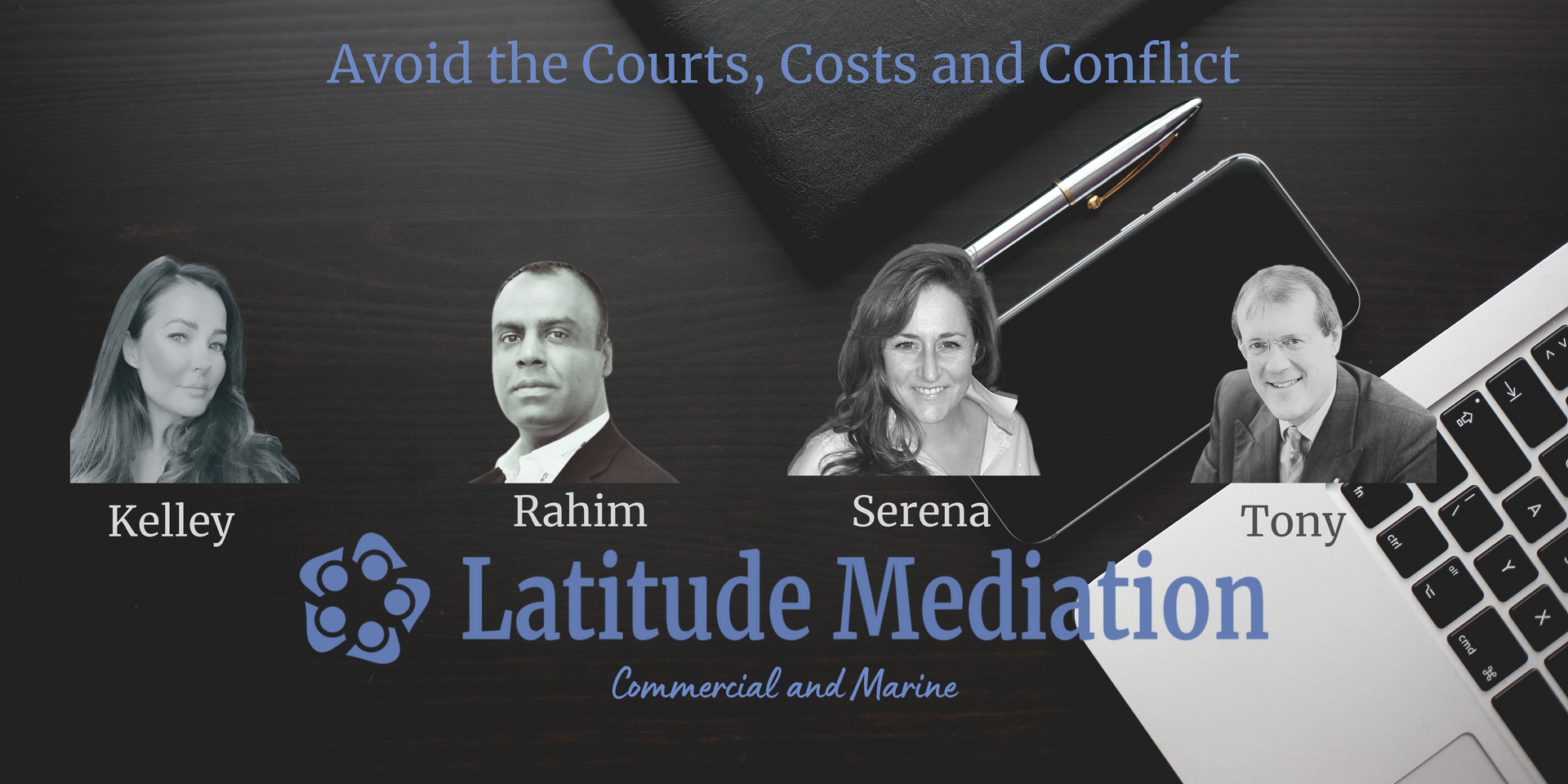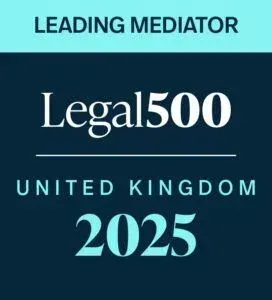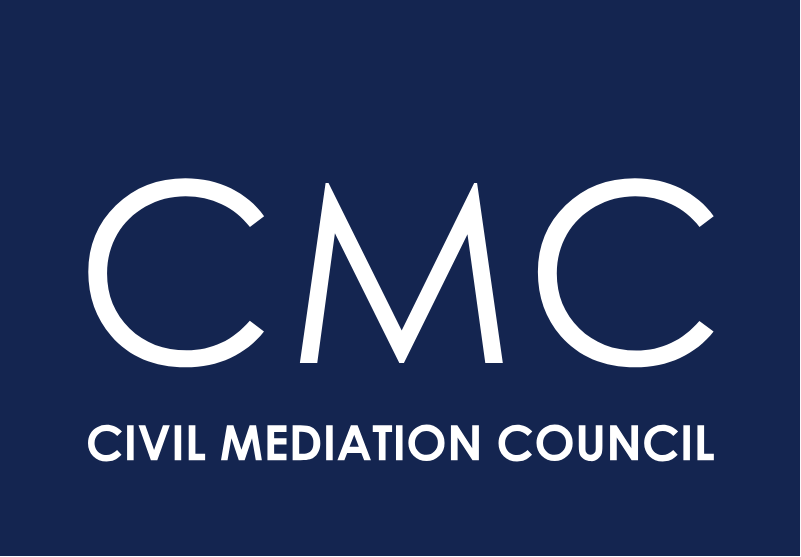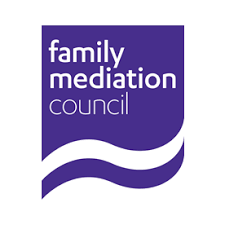Commercial and Marine
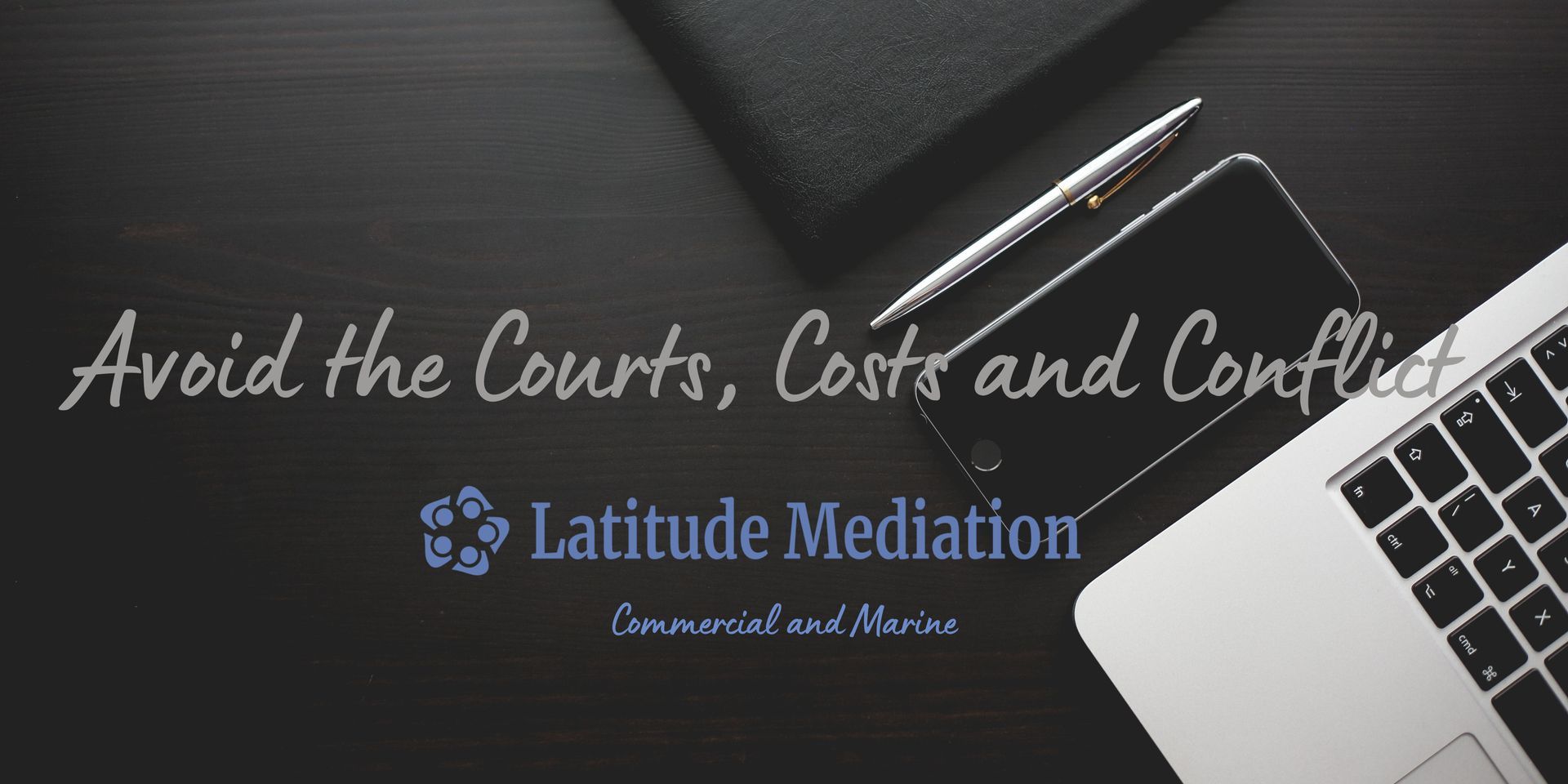

Civil Procedure Rules (CPR)

Compulsory mediation
What does compulsory mediation mean for you?
As a result of this new direction, it is very likely that parties progressing through formal legal proceedings will be directed to mediation at the initial stages. It is therefore very worthwhile attending mediation before initiating a claim, in order to save additional associated costs, and to ensure that formal proceedings are progressed swiftly, if necessary.

Why mediation first?

What is the Small Claims Fixed Fee Scheme?
| Amount being claimed | Fees per party | Length of session |
|---|---|---|
| Less than £5000* | £75– £125 | 1.5-2 hours (Virtual) |
| £5,000 to £14,999 * | £320 | Up to 3 hours |
| £15,000 to £49,999 | £445 | Up to 4 hours |
| £50,000 -£250,000 | £750 – £2,500 | Full day |
| £250,000 and above | POA | Please email info@latitudemediation.co.uk |
We do not charge for any preliminary communications or administrative work and where possible we will include travel fees in our fixed fee. Please email us directly if you would like further information.
*Please note that if your claim is less than £10,000 and proceedings have already been commenced (and a claim form issued), you may be offered a free 1 hour telephone mediation through the courts .
Commercial Mediation FAQ
Why Latitude Mediation?
We have hand-picked some of the best mediators in the UK to work with us and we guarantee that we can find the right mediator for your dispute. There are never two cases or clients that are the same and so we will ensure that each mediation is bespoke to the client’s needs, particularly as very often ‘other’ points can be discussed and taken into consideration.
As such, we do not like to pigeon-hole disputes, but if helpful, see below a non-exhaustive list of the types of disputes that Latitude Mediation can support:
